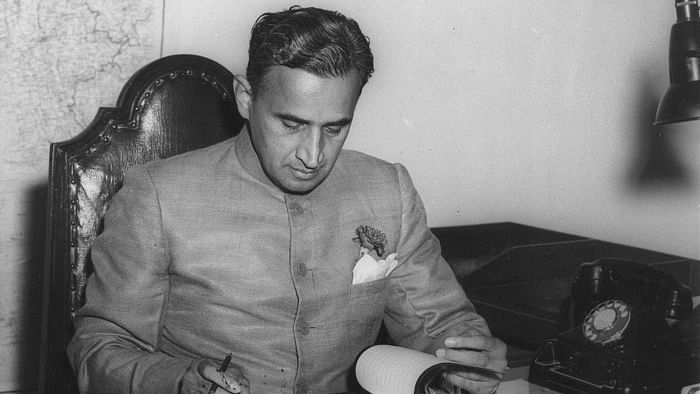The Reserve Bank of India (RBI) has been the cornerstone of India’s economic framework since its inception in 1935. Tasked with managing monetary policy, controlling inflation, stabilizing the currency, and overseeing the banking sector, the RBI plays a pivotal role in shaping the nation’s financial health. Central to this institution are its Governors, who act as architects of monetary stability and economic growth. Over the years, several RBI Governors have left indelible marks on India’s economic history through their visionary leadership and reforms. This blog highlights some of the most influential Governors, their contributions, and the legacy they have built.
- Blogs
- Finance-and-banking
- Most-influential-rbi-governors-shaping-indias-economic-growth-6757df71bdccdd0001d34a38
Most Influential RBI Governors Shaping India's Economic Growth
Finance & Banking • 10 Dec, 2024 • 29,166 Views • ⭐ 5.0
Written by Shivani Chourasia

The Role of RBI in India's Economy

The RBI serves as the backbone of India’s financial and economic systems. It ensures price stability, regulates credit flow, and acts as a lender of last resort during financial crises. RBI Governors are tasked with implementing policies that safeguard the economy, address challenges, and promote growth. Their leadership directly influences inflation rates, interest rates, currency stability, and overall economic resilience, making them some of the most impactful policymakers in the country.
Sir Osborne Smith: Laying the Foundations

The first Governor of the RBI, Sir Osborne Smith, was instrumental in establishing the bank’s foundational structure. An Australian banker by profession, he emphasized the need for the RBI to maintain its independence from political influences. His tenure coincided with the global economic depression of the 1930s, during which he implemented measures to stabilize the Indian economy. Although his time as Governor was brief, his insistence on autonomy set a precedent that would guide the RBI’s functioning for decades.
C.D. Deshmukh: Post-Independence Visionary

As the first Indian Governor of the RBI, C.D. Deshmukh played a critical role in navigating India’s economy during the tumultuous post-Independence period. Serving from 1943 to 1949, Deshmukh facilitated the transition of monetary and banking systems from British to Indian control. He managed the complexities of partition and post-war economic challenges with aplomb. Deshmukh also introduced the first set of Indian currency notes and oversaw the establishment of the Industrial Finance Corporation to support industrial development.